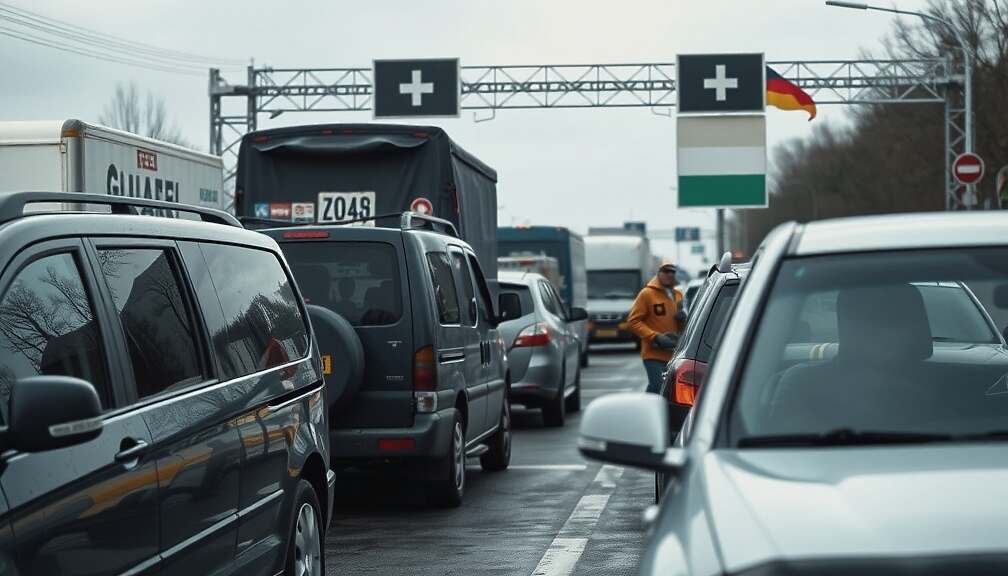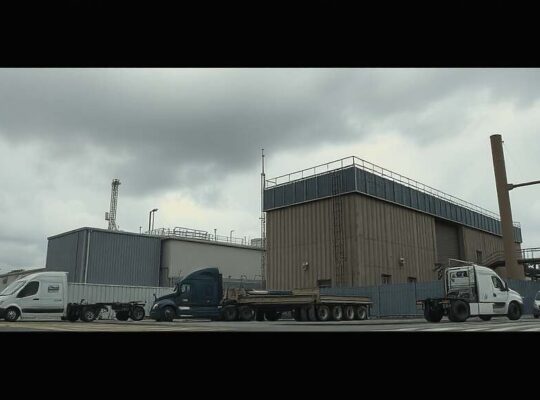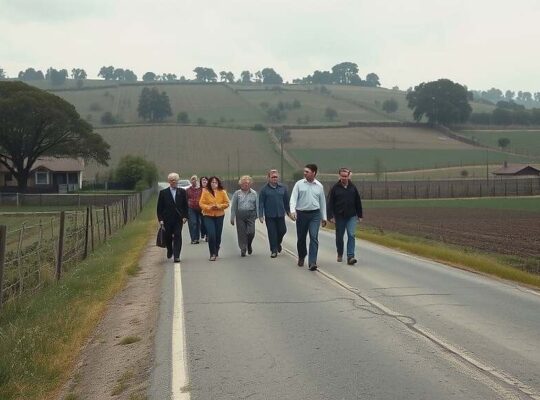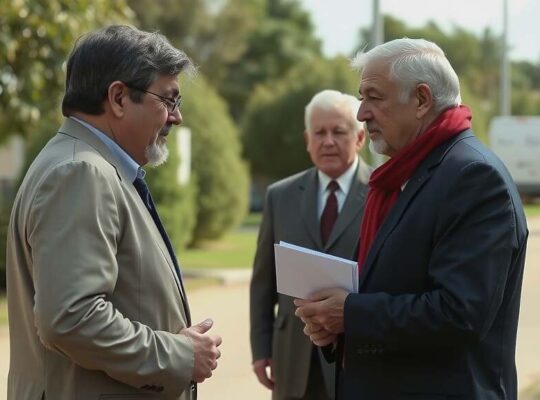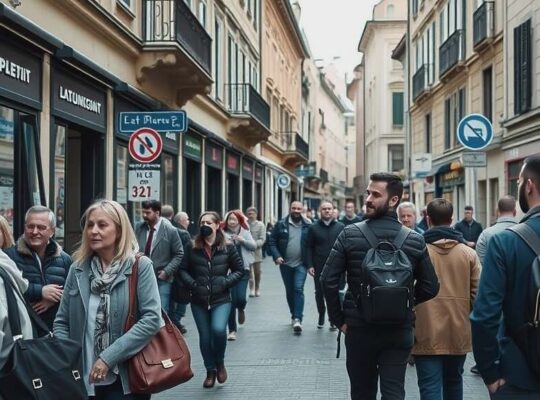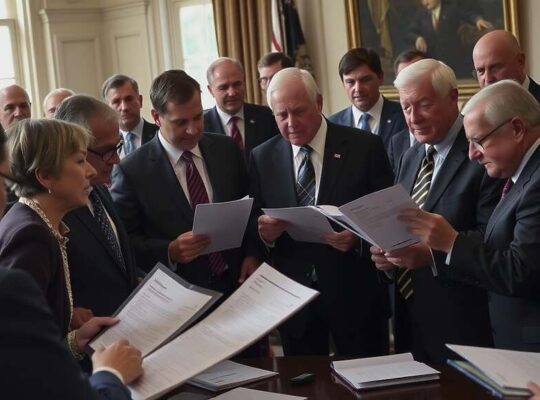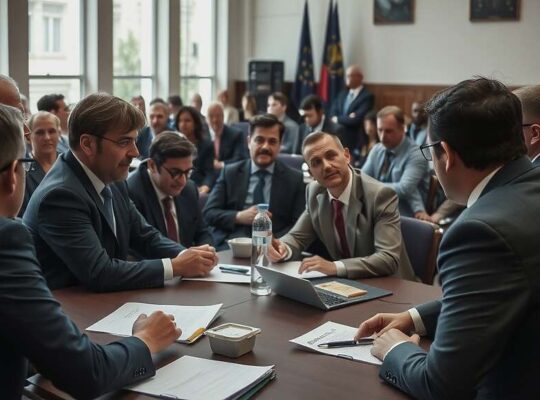The recent implementation of Polish border controls at the Germany-Poland frontier is causing significant disruption to the traditionally prosperous cross-border region, according to Knut Abraham, the German Federal Government’s Special Envoy for Relations with Poland.
Speaking to the Redaktionsnetzwerk Deutschland (RND), Abraham described the controls as a “severe burden” on the area, which has fostered a thriving economic partnership over the past three and a half decades. He emphasized that these controls impact not only the immediate border communities but also crucial production and supply chains that rely on the efficient movement of goods and people across the border.
Acknowledging the perceived political motivations behind the measures, Abraham suggested that the controls are currently viewed as a demonstration of evolving approaches to migration policy. However, he underscored that restricting cross-border movement is not a sustainable solution. He advocates for a coordinated approach focused on managing migration at the external borders of the European Union, urging both Germany and Poland to collaborate on this effort.
Abraham appealed to both nations to mitigate the negative consequences of the controls by implementing measures such as adding more inspection lanes, establishing joint German-Polish control points and increasing inland checks. The goal, he stated, should be to discourage illegal border crossings by making them unsuccessful. He cautioned against a permanent entrenchment of these controls, stressing that such a development would be detrimental to the mutual interests of Germany and Poland.


